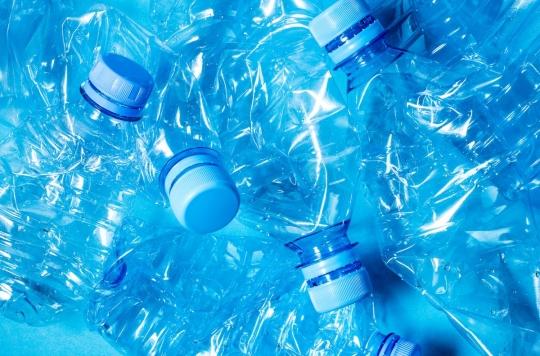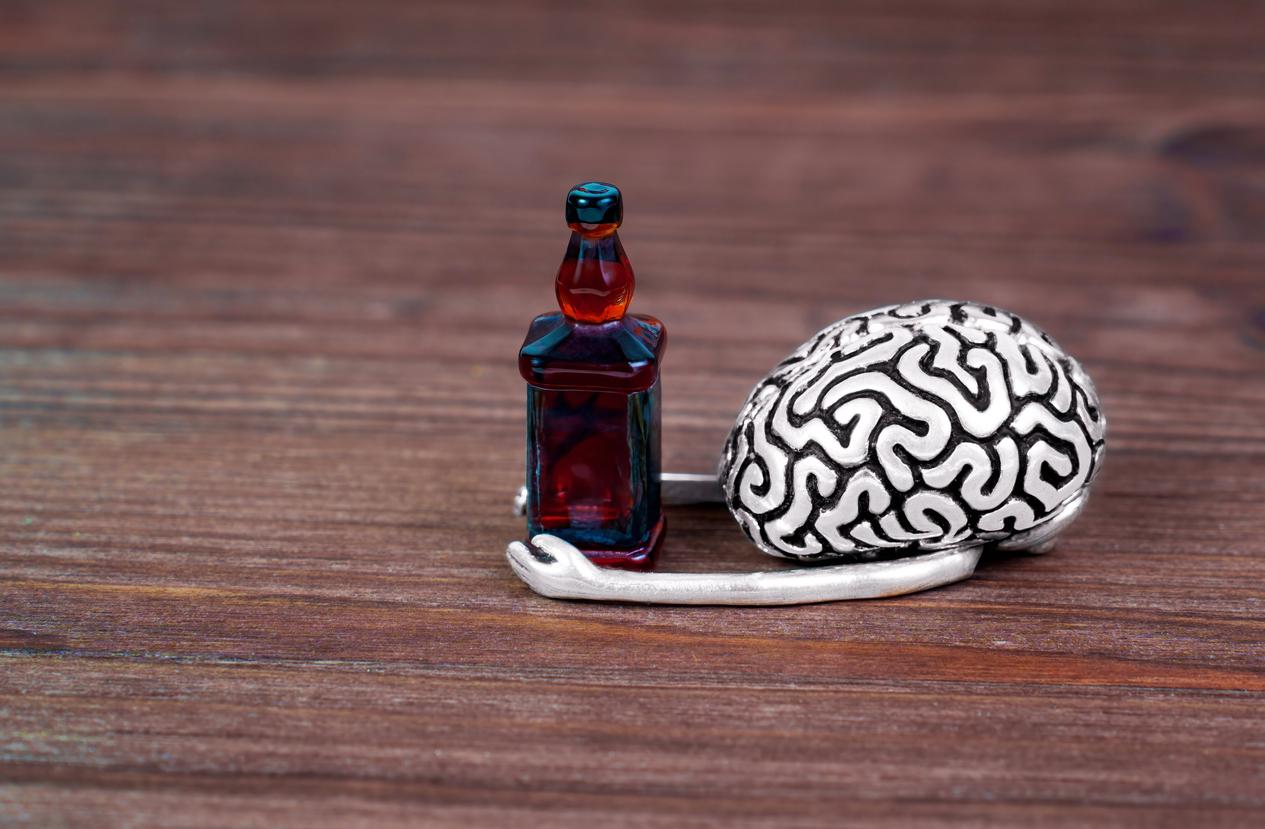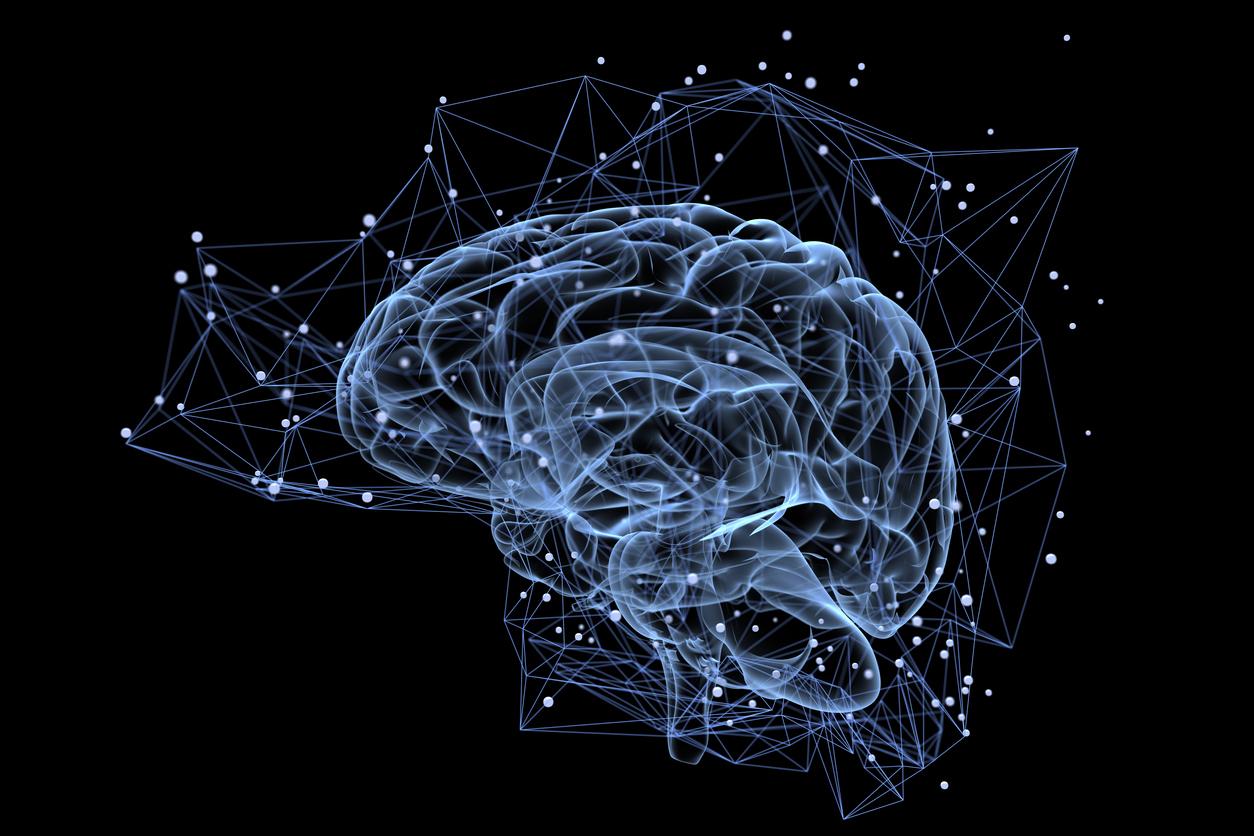Plastics without bisphenol A are as dangerous to health as those containing it. Its substitute, bisphenol S, has adverse effects on human brain development.

Bisphenol A (BPA) is a compound used in the manufacture of plastic. Studies have shown that it can be harmful to health, having harmful consequences over several generations. BPA has been banned since 2015 as an endocrine disruptor. Many manufactured plastics carry the notation “BPA-free”, indicating that they do not contain active bisphenol. A new study conducted by researchers at the University of Missouri (USA) shows that the use of BPA-free plastic products would be as harmful to health as those that contain it. The results were published in Proceedings of the National Academy of Sciences.
BPS, no better than BPA
Scientists have long studied the effects of bisphenol A on health. They have highlighted their role in the early loss of pregnancy, placental diseases or the poor state of health of newborns. Companies have sought to learn about the health effects of using alternative chemicals in plastic production. An alternative to BPA is bisphenol S (BPS), but here too previous studies have shown that its use is not without danger since it stays in the body for a long time and in high concentration levels.
In the new study, the researchers looked at the effects of BPS on the placenta of a mouse. “Synthetic chemicals like BPS can penetrate through the maternal placenta so anything circulating in the mother’s bloodstream can be easily transferred to the developing child.”, develops Cheryl Rosenfeld, author of the study. Since the placenta of the mouse has a structure similar to that of humans, it is “the best model we currently have for simulating the possible effects of BPS during human pregnancy”, she justifies. In addition, the placenta is the main source of serotonin for the development of the fetal brain and has an influence on development through emotions, physical activities, sleeping, eating or even digestion.
Longstanding health consequences
The researchers realized that “the body does not have the ability to mitigate the adverse effects of these industrially produced chemicals”, notes Cheryl Rosenfeld, referring to BPA and BPS. Furthermore, these chemicals have the ability to reduce the placenta’s production of serotonin and thus compromise the proper development of the fetal brain. “Fetal exposure to BPA or even its surrogate, BPS, can lead to long-standing health consequences.”concludes the researcher.
This study lays a foundation stone in research aimed at improving human health by determining the relevance of animal science findings applicable to humans. This research can provide the foundation for precision medicine or personalized human health care. The next step for researchers will be to develop this precision medicine, they say.
.

















